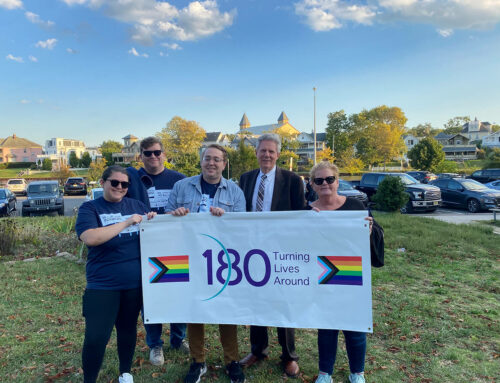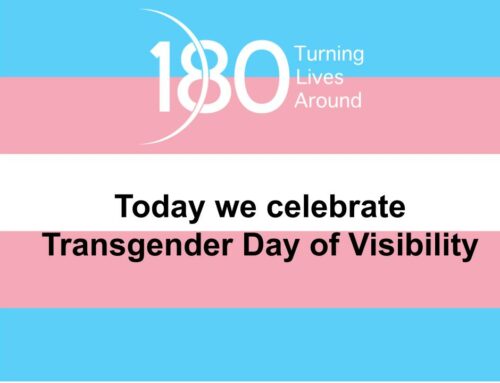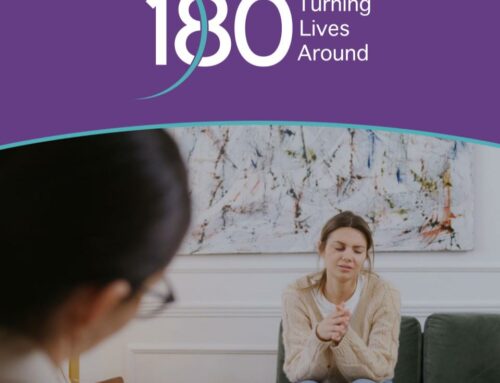Dear Friends of 180,
The impact of Teen Dating Violence is profound. It’s an issue that has far reaching impact – not just on teens – but parents, teachers and friends. The fact that teens in abusive relationships often carry these unhealthy patterns into future relationships, is cause for even more concern because they can become perpetrators themselves of adult domestic violence. Teens need support as they navigate their dating relationships and it is critical that the adults in their lives are familiar with understanding and discussing the signs of healthy and unhealthy relationships with their teen. The month of February has been designated Teen Dating Violence Awareness Month so we encourage you to forward this email to your friends and consider sharing it on your social networks as well.
The stats are alarming and the issue impacts everyone, regardless of age, orientation, gender identity, race, religion, and/or physical/ psychological condition. It can affect not just teens but their families, teachers, peers, friends, and communities. Additionally, it is important to know that teen dating violence happens to Lesbian, Gay, Bisexual, Transgender and Queer youth in alarming numbers. In fact, LGBTQ youth face higher numbers of dating abuse than their heterosexual peers. Trans youth face double the amount of dating abuse across the board. For example, a partner may threaten to out one’s sexual orientation or gender, to gain and maintain power and control within a relationship. All forms of domestic violence and dating violence are about power and control.

This February, we can raise awareness about teen dating violence and promote safe, healthy relationships by educating ourselves and having conversations with the teens in our life. The tips for safety planning and some of the warning signs listed below are worth discussing. Also, 180 offers free 45-90 minute presentations to middle schools, high schools, faculty, youth groups and professional and community organizations to raise awareness about teen relationship violence.
Presentation Topics can include:
- Dynamics of Healthy vs. Unhealthy Relationships
- Consent in New Jersey
- Types of Abuse and Cycle of Violence
- Abuse and the Use of Technology
- LGBTQ+ Relationships
- Creating and Respecting Personal Boundaries
- Intervention Strategies
- Tips for Breaking Up Safely
- How to Help a Friend
- Overview of 180’s Programs and Services.
If you are interested in having 180 present on these topics to your students, faculty, or community groups, please feel free to contact Sue Levine, Program Coordinator at susanl@180nj.org or 732-264-4360 ext.4271
For more information about our free, domestic and sexual violence supportive counseling and advocacy services for teens and young people, and all of our comprehensive programs and services, please visit www.180nj.org.
Sincerely,
Anna Diaz-White
Executive Director




